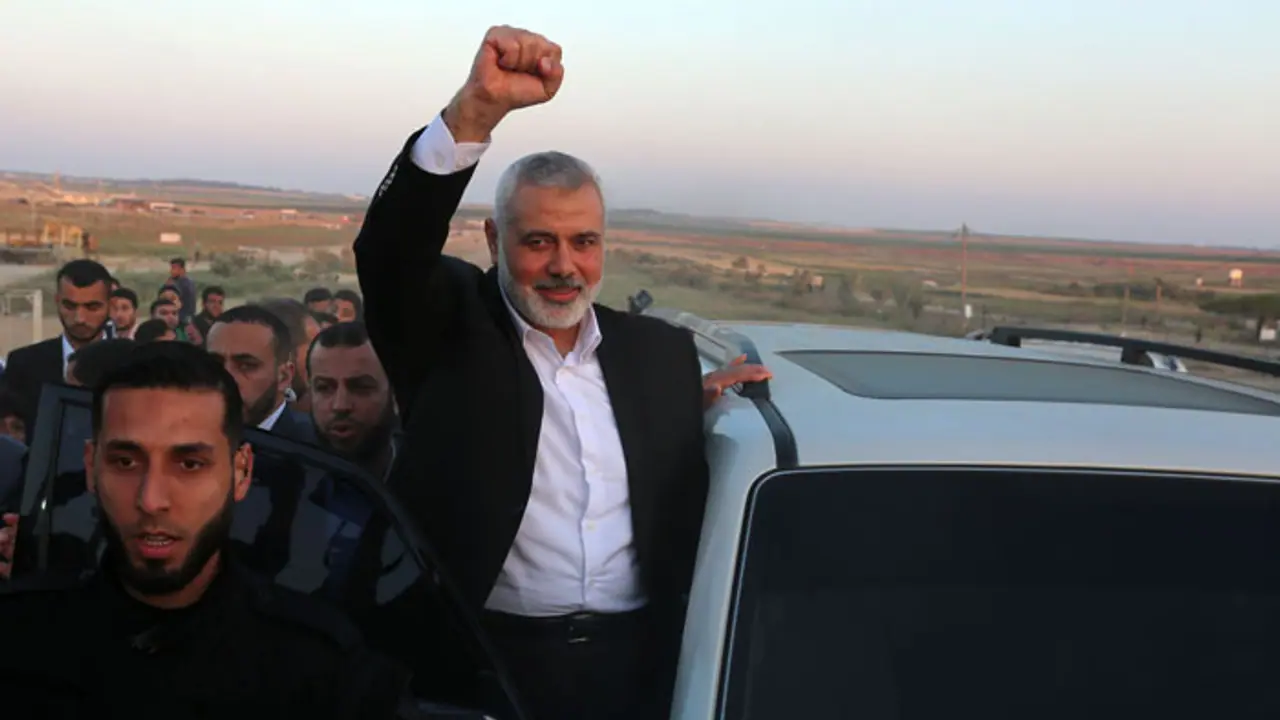Hamas Chief Ismail Haniyeh was reportedly assassinated by a remotely detonated bomb in a Tehran guesthouse, exposing a severe security lapse in Iran's Revolutionary Guard.
Following the high-profile assassination of Ismail Haniyeh, a New York Times report has claimed that the Hamas political chief was killed on Wednesday by an explosive device covertly planted in the Tehran guesthouse where he was staying. According to the report quoting Middle Eastern officials, including two Iranians and a US official, the bomb had been hidden in the guesthouse approximately two months prior to the attack.

The guesthouse, operated and secured by Iran's Revolutionary Guard, is part of a larger compound known as Neshat, located in an affluent neighborhood in northern Tehran. The compound, often used for retreats, secret meetings, and housing prominent guests, was considered a secure location. However, this perception was shattered when the bomb was allegedly remotely detonated after confirming Haniyeh's presence in his room.
The explosion not only claimed Haniyeh's life but also killed a bodyguard. The blast caused significant damage, shaking the building, shattering windows, and partially collapsing an exterior wall. The extent of the damage was corroborated by two Iranian officials from the Revolutionary Guard, who were briefed on the incident, and by a photograph of the building shared with the New York Times.
The meticulous planning of the assassination, which reportedly took months and involved extensive surveillance, exploited a critical lapse in the security of the Neshat compound. This breach has been described as a catastrophic failure for Iran's intelligence and security apparatus. Three Iranian officials acknowledged the incident as a severe embarrassment for the Revolutionary Guard, which prides itself on safeguarding key locations and individuals.
In the aftermath of the assassination, speculation quickly emerged about Israel's possible involvement. Initial theories suggested that Haniyeh might have been killed by a missile strike, reminiscent of an Israeli missile attack on a military base in Isfahan, Iran, earlier this year. Such speculation raised questions about the potential evasion of Iranian air defense systems. However, the reported method—planting a bomb within a tightly guarded compound—highlighted a different vulnerability in Iran's defenses.
While Israel has not publicly acknowledged responsibility, Israeli intelligence officials reportedly briefed the United States and other Western governments on the operation's details shortly after the incident. This has led to widespread conjecture about Israel's involvement, although official confirmation remains absent.
Ismail Haniyeh, who has been a prominent leader within Hamas, had been residing in Qatar and had frequently stayed at the Tehran guesthouse during his visits to Iran. His assassination marks a significant moment in the ongoing conflict between Israel and Hamas and may have far-reaching implications for regional politics and security.
